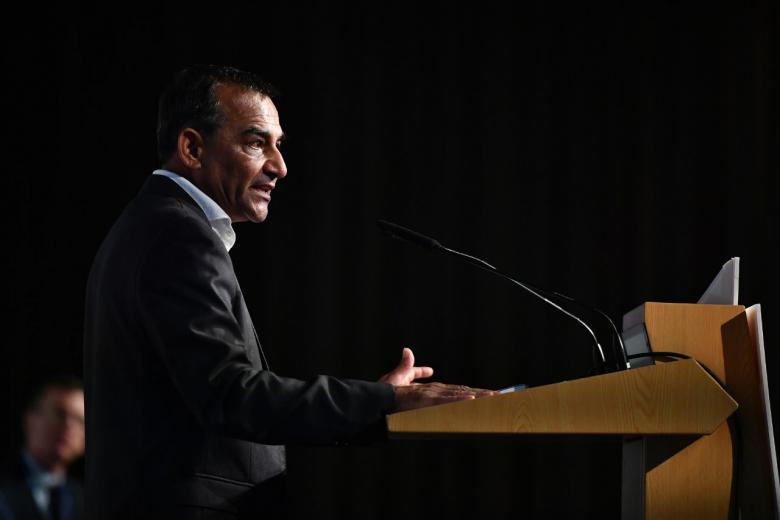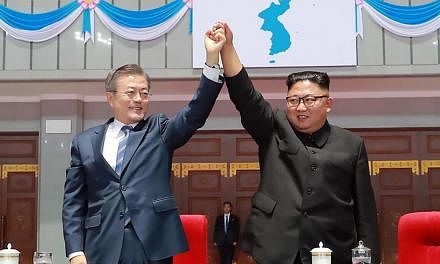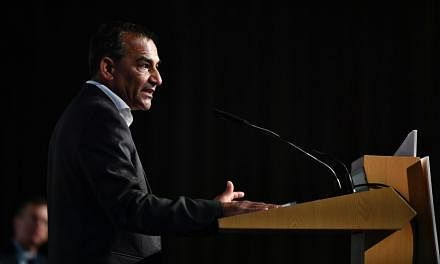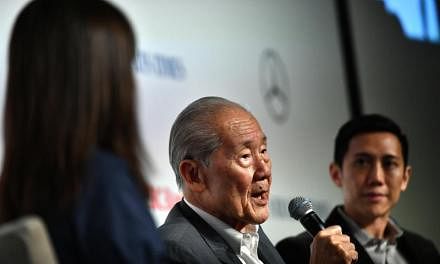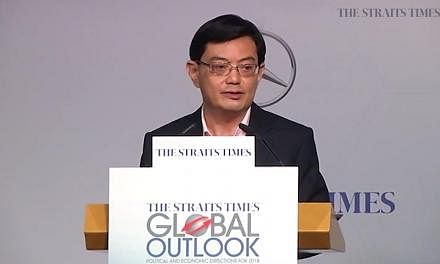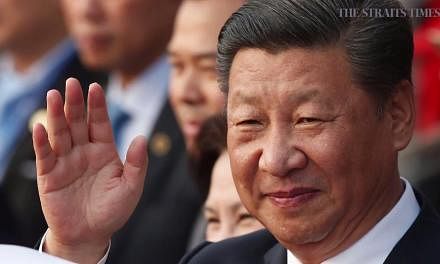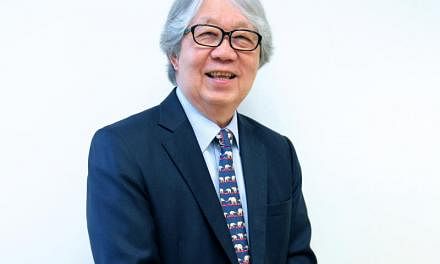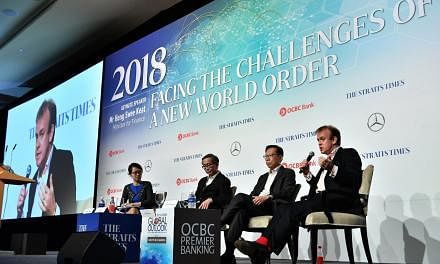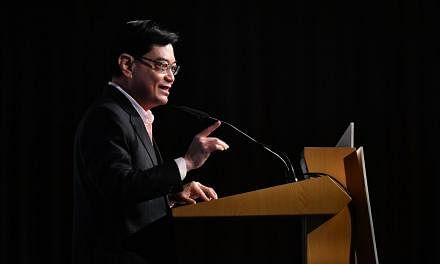SINGAPORE - The prospect of sanctions to force North Korea to abandon its nuclear ambitions and weapons programme is unlikely to bring the regime back to the negotiating table.
This is because the regime currently has an adequate supply of food and still believes in using its weapons as leverage against the United States, veteran journalist Rahul Pathak said at the Straits Times Global Outlook Forum on Tuesday (Dec 5).
Mr Pathak, who is The Straits Times associate editor, was sharing his views on North Korea after getting a glimpse into the isolated nation during a week-long visit to the country in October.
The trip, which was the result of seven months of negotiations with North Korean authorities, saw him visiting Pyongyang's factories, schools, hospitals and farms as well as meeting regular North Koreans.
Mr Pathak noted that the biggest problem facing impoverished North Korea - which in the 1990s suffered a huge famine that was estimated to have killed between 600,000 and two million people - was its supply of food. According to the World Hunger Index report released last month, two in five North Koreans suffered from malnutrition.
The country is also prone to flooding and it is trying to address this by turning to modern farming.
But even though the threat of famine remains a worry for the regime, Mr Pathak said he does not see the North returning to the negotiating table anytime soon.
One reason, he said, is that North Koreans have a high threshold of pain - something which the regime has also imposed on its people.
"The second thing is, they actually have a decent crop this year and time is running out for any kind of sanctions to bring them to the table."
North Korea, he said, was also unlikely to let go of its weapons programme. Since 2012, the regime has been focused on a one-point programme which is aimed at finding the ability for it to reach and hurt the US.
North Korea has tested dozens of ballistic missiles and conducted its sixth and largest nuclear bomb test in September, in violation of United Nations Security Council resolutions.
Last week, it tested its most advanced intercontinental ballistic missile that is capable of reaching the US.
While in the past party officials used to get the best perks, scientists involved in the country's infrastructure or weapons programmes have been the ones on the receiving end of rewards, such as housing, in the last two to three years.
Mr Pathak said foreign ministry officials he met on the trip were blunt about the reason they were unwilling to give up their weapons programme.
They told him they had seen what happened to Libya and Iraq when they gave up their weapons programmes - a move which led to the end of both countries' regimes.
"Their thinking is and they're quite convinced about it, that the US will respect you only if you have the ability to hurt the US back," he said.
While tensions between the US and North Korea have soared this year, participants at the forum did not believe that prospect of a war breaking out between the two countries in the coming year was likely.
Out of the 65 people who voted, 63.1 per cent said they did not believe it was possible, while about 27.7 per cent said it was likely. About 9.2 per cent said it would not happen in their lifetime.
